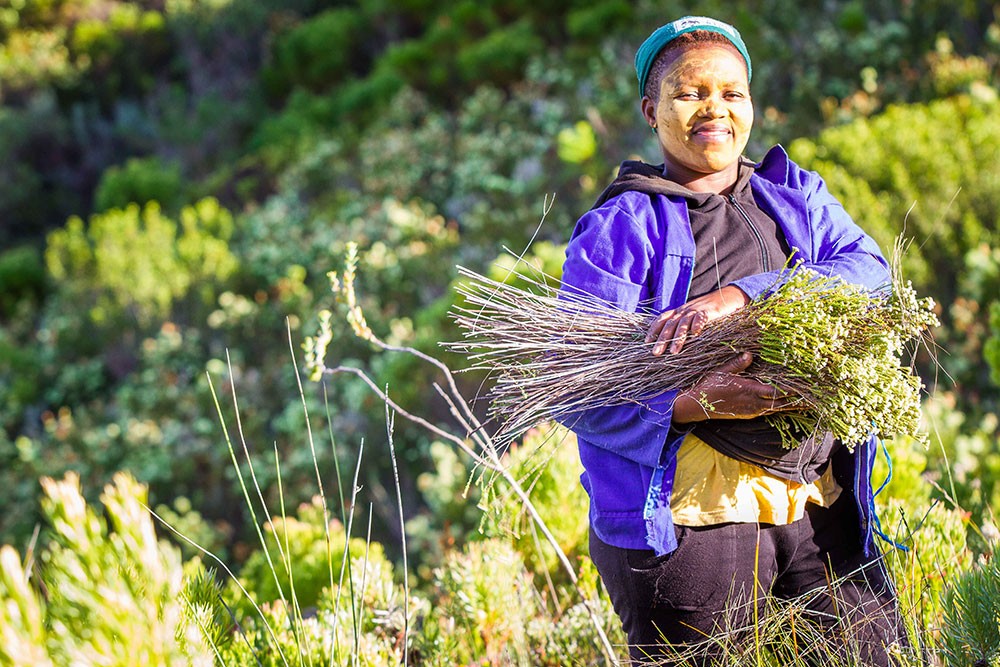Last week, National Treasury gave the South African alcohol industry much-needed relief by granting the suspension of excise tax levied on alcoholic beverages amounting to R5,1 billion. Although this will see a 90-day delay in the payment of excise tax owed to the South African Revenue Service (SARS), the industry is counting its losses daily, with R19 billion in GDP lost.
The #SaveMyLivelihood coalition estimates that more than 117 000 jobs have been lost due to the first suspension of alcohol sales in March, with an additional 13 000 lost every week and approximately 1.1 million livelihoods at risk since the second ban. The coalition is an alliance of companies, representative associations and bodies, as well as other related small, medium and large businesses that have grouped together to fast-track workable solutions and lessen the devastation caused by the recent reinstatement of a suspension of alcohol sales.
These include the #2 distributor of leading premium spirits brands in South Africa, Pernod Ricard, which bought a stake in the Inverroche gin business in 2019. Inverroche, the first brand in the world to use Fynbos as a core ingredient and first to go to market with coloured gins, is the brainchild of Lorna Scott, former deputy mayor of Still Bay municipality. At the age of 55, Scott decided to make a complete career change after completing an executive course in Sustainable Development.
Through founding the Inverroche distillery, Scott became one out of few women who run business in the liquor sector, but this was not without it challenges. According to research 38% of SMEs in South Africa are owned by women. In addition, 54% of taverns are female-owned and these women are often the main breadwinners with no safety net. “There is a general disregard for women’s place not only in business but society as well, and the alcohol ban has failed to give women a seat at the table and hear their plight,” she says.
Scott is no stranger to advancing the upliftment and empowerment of women. Among the local women who make up 70% of the Inverroche Distillery staff is Apprentice Distiller, Andrea Francis who started as a packer in the front of house sales area three years ago. By mid-2018, Francis’ enthusiasm and passion saw her presenting her first gin school. More feats followed soon after, landing Francis firmly in the Distillery’s apprentice programme. Unfortunately, Francis’ dream of becoming one of the first Coloured female distillers came to a standstill when the hard lockdown came into effect in March followed by the two alcohol bans.
While the distillery has been able to pay its staff in full and no one made redundant, the livelihoods of these women remain at risk. The same fate looms over the extended value chain which includes coffee shops, bars, confectionaries and bakeries that had blossomed from the tourist activity created by the distillery. “The imposition of such arbitrary and irrational restrictions without consultation by government are confusing and saddening because they blatantly ignored this core sector of the economy,” she adds.
Paul-Robert Bouhier, Managing Director at Pernod Ricard concurs, “As an industry, we support the government in actions taken to curb the spread of the virus thus far, however, protecting lives should not come at the expense of livelihoods and a careful balancing act is vital. We are committed to continuing the promotion of responsible drinking and believe the vast number of South Africans who drink responsibly should be allowed to purchase products of their choice.”




